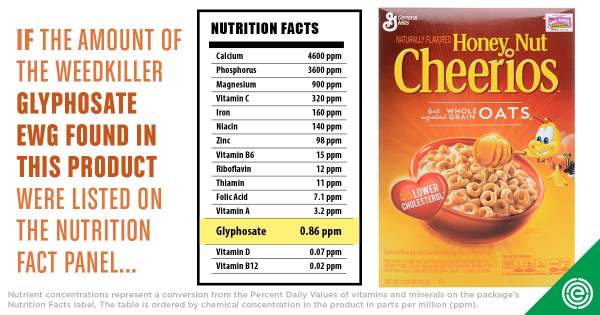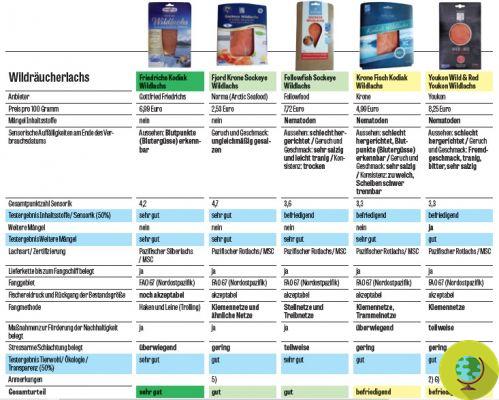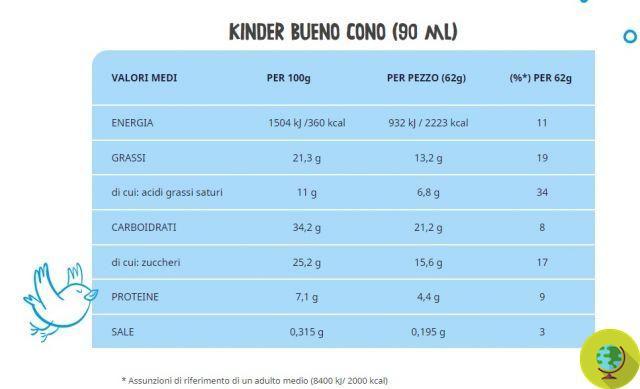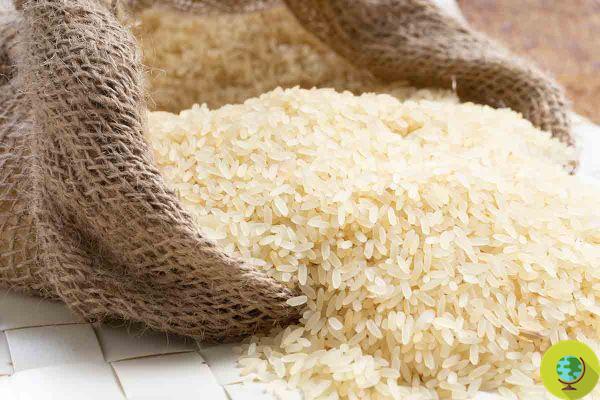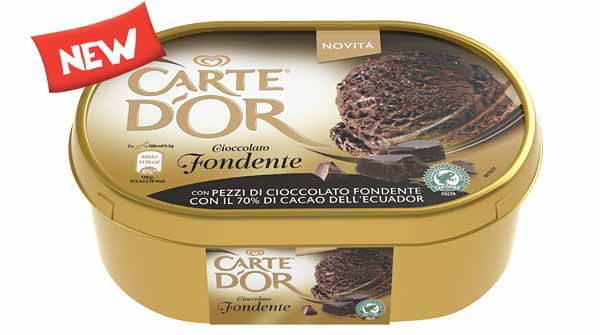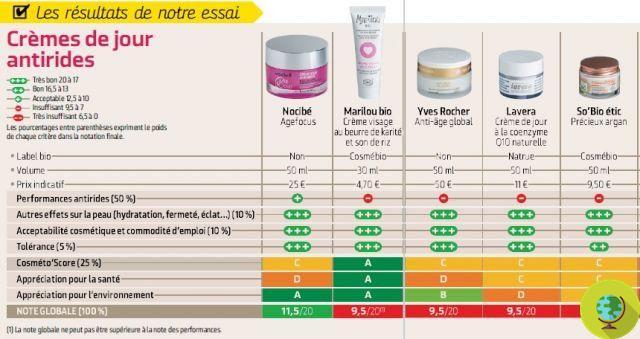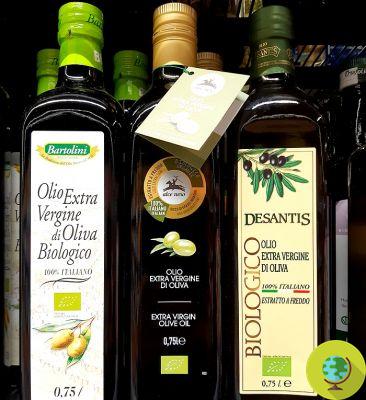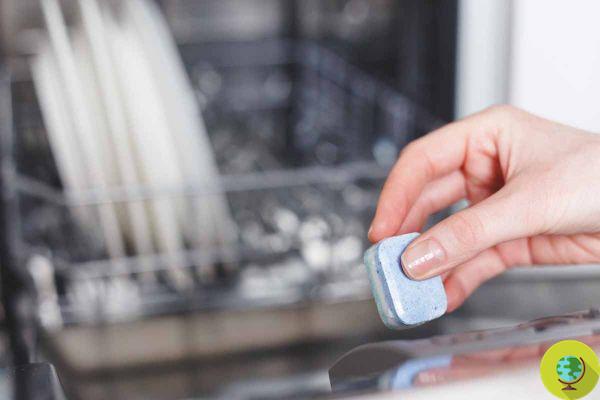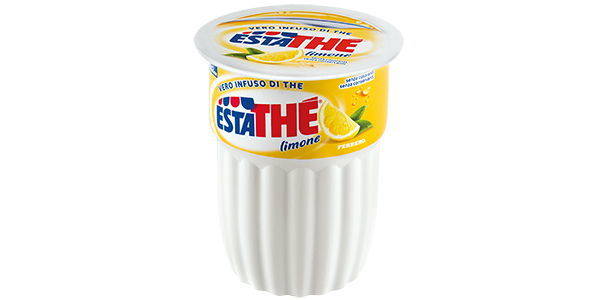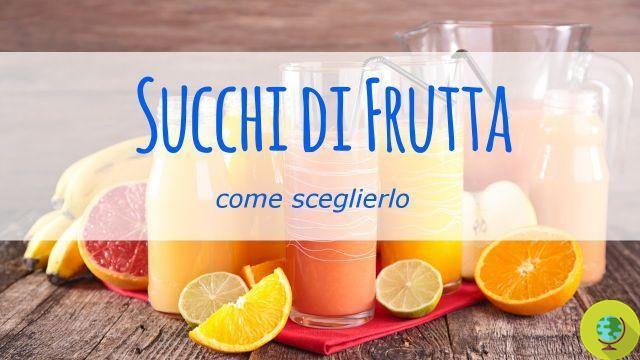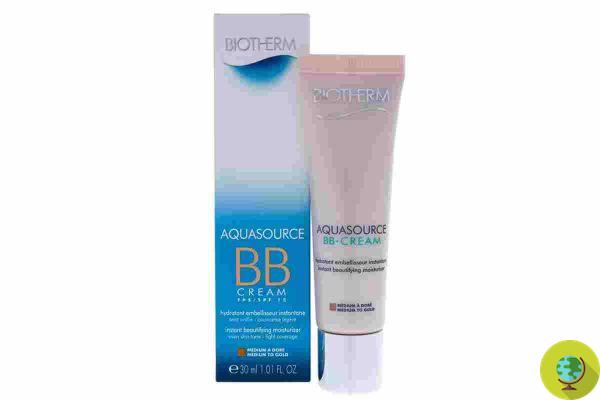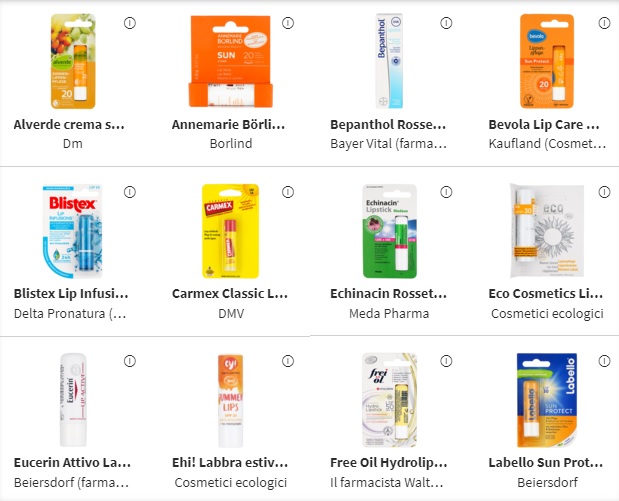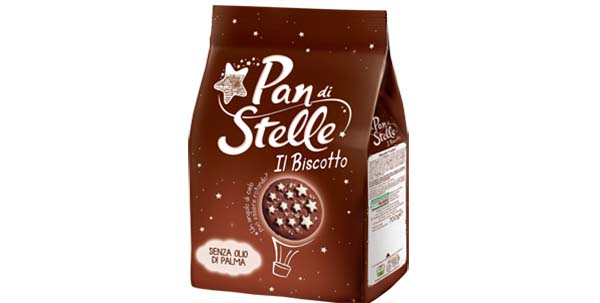Some spreads, excluding Nutella, have eliminated palm oil by replacing it with coconut or sunflower oil but it is not always better
Don't store avocado like this: it's dangerousNutella still contains palm oil, but many other spreads have changed their composition by eliminating it and replacing it with other vegetable fats. Some have chosen coconut oil but is it really a better alternative for the environment and for our health?
We told you a few days ago about a new test that compared different hazelnut spreads including Nutella. We mainly talked about the ingredients and nutritional content of these products, often too loaded with sugars.
Read also: Hazelnut spreads: too much sugar and palm oil. Nutella "beats" Nocciolata Rigoni di Asiago in the French test
The French magazine 60 millions de consommateurs that created it, however, underlines an interesting aspect that is perhaps too little discussed. Palm oil has actually been eliminated from many references, also at the push of consumers and public opinion who, you will surely remember, in recent years has led a real battle against the use of this very "heavy" oil from environmental point of view and also questionable in terms of health.
Read also: Palm oil: why harmful to health and the environment
The battle was won in most cases. Nutella continues to use it but has switched to a sustainable oil, 100% RSPO certified - Roundable on Sustainable Palm Oil (even if the UNEP, the UN environmental program, years ago emphasized that sustainable palm oil does not actually exists).
From palm oil… to coconut oil
The French magazine points out that most manufacturers have started using coconut or sunflower oils.
But these solutions, at times, can prove to have the same, if not worse, environmental impact. In fact, coconut palm plantations seem to have a very negative effect on biodiversity in addition to the fact that the oil obtained has a particularly high content of saturated fats (but there are also those who consider it a superfood).
Last summer, a study highlighted the environmental impact of coconut palm cultivation, also sparking a series of controversies and criticisms. In fact, he argued that coconut oil production is putting biodiversity at risk 5 times more than palm oil.
Read also: Coconut oil worse than palm oil for biodiversity. The study sparked controversy
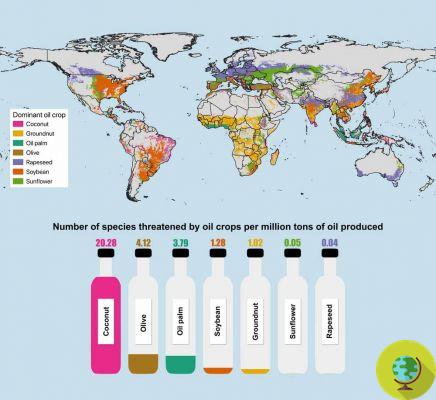
© Current Biology,
Another alternative used in hazelnut creams is sunflower oil, but to produce enough sunflower oil to fully compensate for that of palm, much more land would be needed for cultivation, given that the yield is much lower. Again, therefore, an environmental problem would arise.
In practice, it seems that we do not have the solution in hand and that we should carefully evaluate the choices we make to avoid going “from the pan to the grill”.
As more and more companies move away from palm oil for coconut oil, the resulting problems closely resemble those caused by the palm oil industry: land grabbing, deforestation for the benefit of new plantations and destruction of biodiversity. By themselves, coconut oil and coconut palms are neither good nor bad. The problem is the huge demand for cheap vegetable oils and fats on the world market. The large quantities required by the industry are produced at minimal cost on huge industrial monocultures and under abusive working conditions.
Cosa possiamo fare?
Millions of tons of staple foods can and should be grown here in Europe, as Save the Forest explains, and not on other continents, with lower production costs. Tropical forests are being cut down, inhabitants evicted and exploited as day laborers. Use European vegetable oils (preferably cold pressed) such as safflower oil, corn germ, olive, canola, sunflower oil etc.
Of course, what we can do is limit the consumption of products that contain tropical oils, but also avoid waste as much as possible. Whenever possible, cook with known, fresh and regional ingredients. Avoid all processed industrial products with cheap and inferior quality ingredients sold in supermarkets.
The good news is that we don't need vegetable oils from the tropics. Enough oilseeds endemic to Europe grow. Buying local food not only avoids questionable farming methods, but also thousands of miles of transportation around the world.
Read also:
- Easy to say palm oil: let's get to know it better to really defend ourselves
- Rapeseed oil: a much debated vegetable oil. Is it healthy or harmful?
- These macaques are enslaved to harvest our coconut





